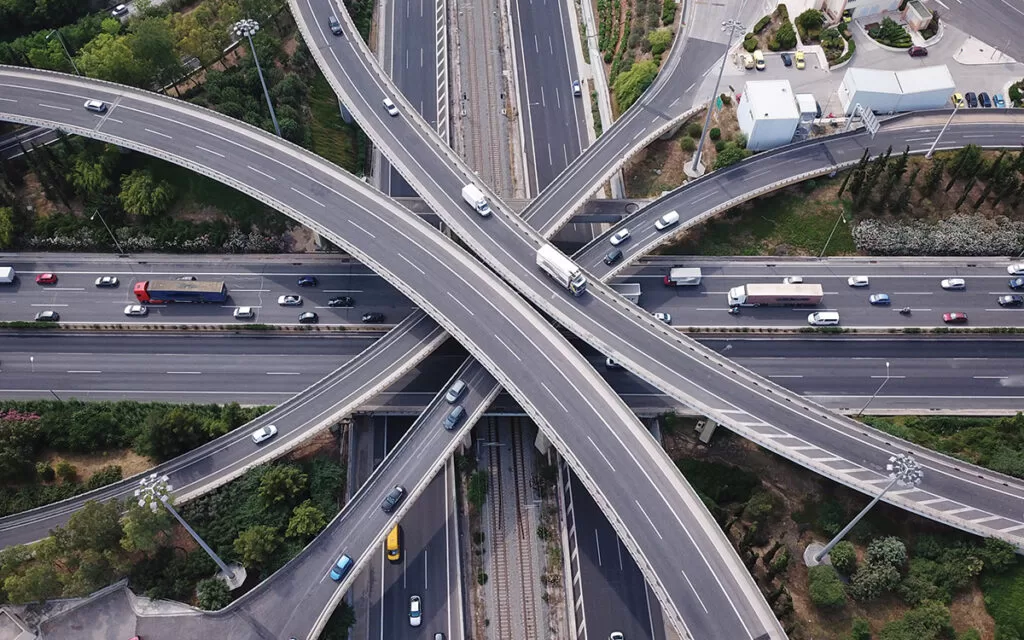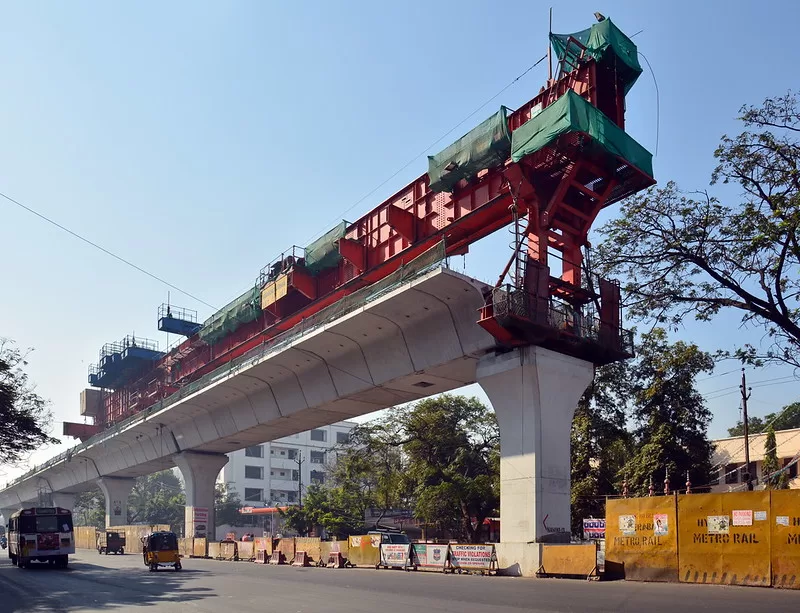Central Infrastructure Project Delays Show Improvement for Second Consecutive Month
For the second consecutive month, there has been a decrease in the proportion of delayed central infrastructure projects, according to a November 2023 report from the Ministry of Statistics and Programme Implementation (MOSPI). Out of a total of 845 delayed projects, accounting for 46.1% of the total, the average delay as of November was 36.6 months. This is a slight improvement from the 47.8% recorded in September and 46.8% in October. In the same month the previous year, the delay share was higher at 51.2%, while it was 34% in 2019.
Of the delayed projects, 38% were behind schedule by 25-60 months, 24% by 1-12 months, 23% by 13-24 months, and 14% by more than 60 months. Meanwhile, 34% of projects were reported to be on schedule. Noteworthy among the delayed projects is the Udhampur-Srinagar-Baramulla initiative, approved in 1995, which is anticipated to be completed by February 2024.
The reasons for project delays, as outlined in the report, include issues such as land acquisition, tendering processes, obtaining forest/environment clearances, and a lack of infrastructure support. However, the report indicates a decline in additional expenditures incurred due to delays. Projects experienced an added expense of 17.5% or Rs 4.4 trillion compared to the estimated cost, a decrease from 21.7% in November 2022 and 19.6% in the same month in 2019.
As of November, the railways sector faced the highest cost overrun among 22 sectors, amounting to Rs 2.1 trillion. This was followed by the power sector (Rs 0.5 trillion), water resources (Rs 0.5 trillion), and road transport and highways (Rs 0.4 trillion).





